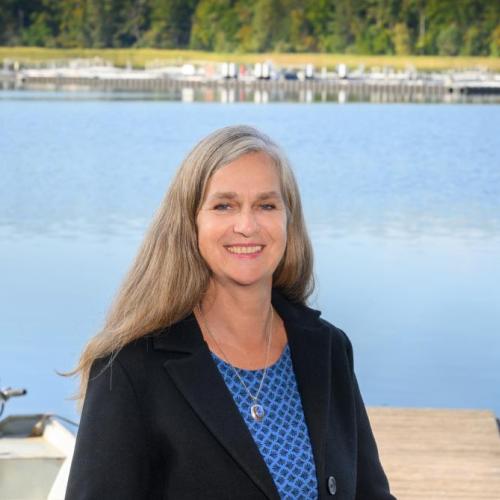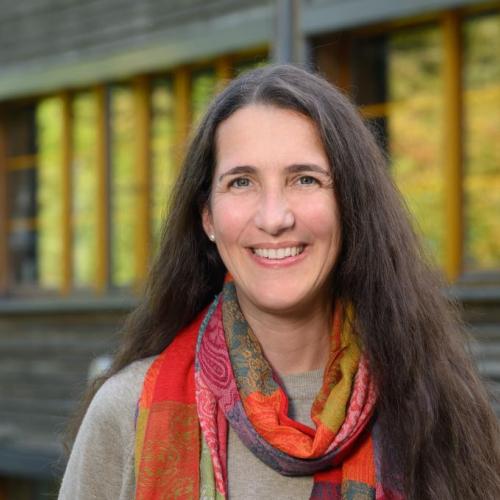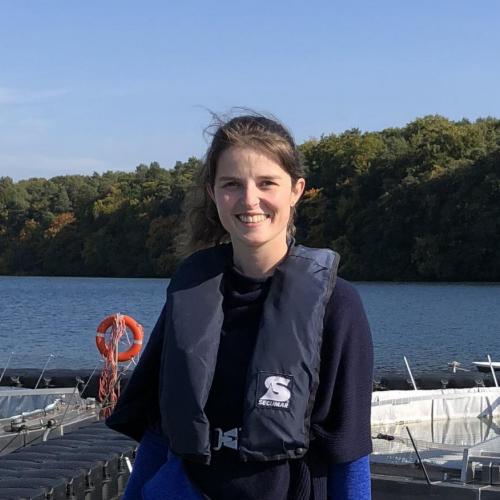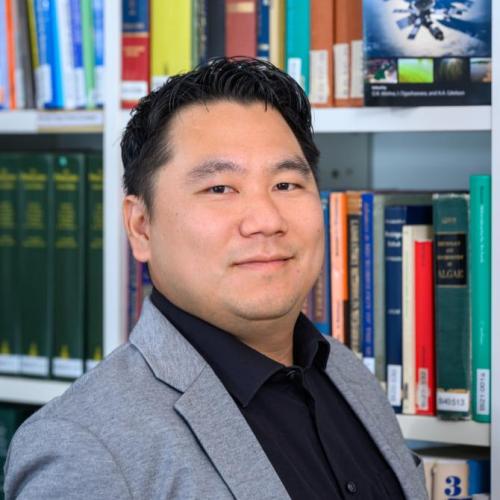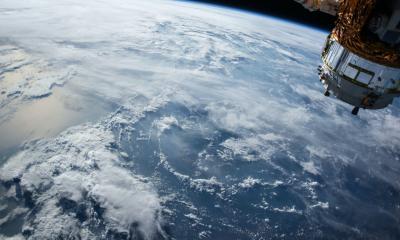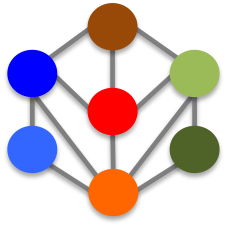
CONNECT
Short profile
Duration

The project CONNECT will establish a collaborative network between experts in remote sensing (RS) and freshwater ecology to study connectivity and coherence of lake ecosystems in a regional context at unprecedented temporal and spatial resolution. The overall aim is to understand the yet unexplained variation in phytoplankton dynamics among river-connected German lowland lakes, many of which are presently classified as in poor to bad ecological status. Large-catchment shallow lakes face the highest risk of eutrophication, mass development of harmful algal blooms, and high production of greenhouse gases - calling for action.
We suggest that if measured on adequate temporal and spatial scales much of the among-lake variation in phytoplankton dynamics can be explained by the strength of hydrological lake-to-lake connectivity as modulated by lake depth and mixing regime. This may have profound implications for the maximum intensity, spatial range and regional-scale magnitude of eutrophication impacts. We will challenge this research frontier by an innovative combination of automatic high-frequency in situ measurements with state of the art near-to-far RS technology in (i) a large-scale experimental manipulation of lake connectivity, and (ii) an observational field campaign contrasting deep and shallow river-connected lakes.
CONNECT will provide data of unsurpassed spatio-temporal coverage, needed to understand and manage river-connected lake ecosystems in times of climate change, which – by changes in hydrology – will affect their connectivity. The project will (i) build a cross-disciplinary collaborative network of excellence between experts in aquatic ecology (IGB(1), IOW(2)), landscape ecology (ZALF(3)) and remote sensing (DLR(4), FUB(5), TUM(6), GFZ(7), HZG(8)), (ii) develop mechanistic understanding of lake ecosystem functioning at regional scale, (iii) improve future environmental monitoring and interpretation of available data from inland waters, and (iv) support more effective integrated management of river-connected lakes to mitigate eutrophication impacts.
1) Leibniz-Institute of Freshwater Ecology and Inland Fisheries, 2) Leibniz-Institute of Baltic Research, 3) Leibniz Centre for Agricultural Research, 4) German Aerospace Center, 5) Freie Universität Berlin, 6) Helmholtz Centre Potsdam, 7) Technical University Munich, 8) Helmholtz Centre Geesthacht
Leibniz Association with Leibniz-Competition 2018, Collaborative Excellence


